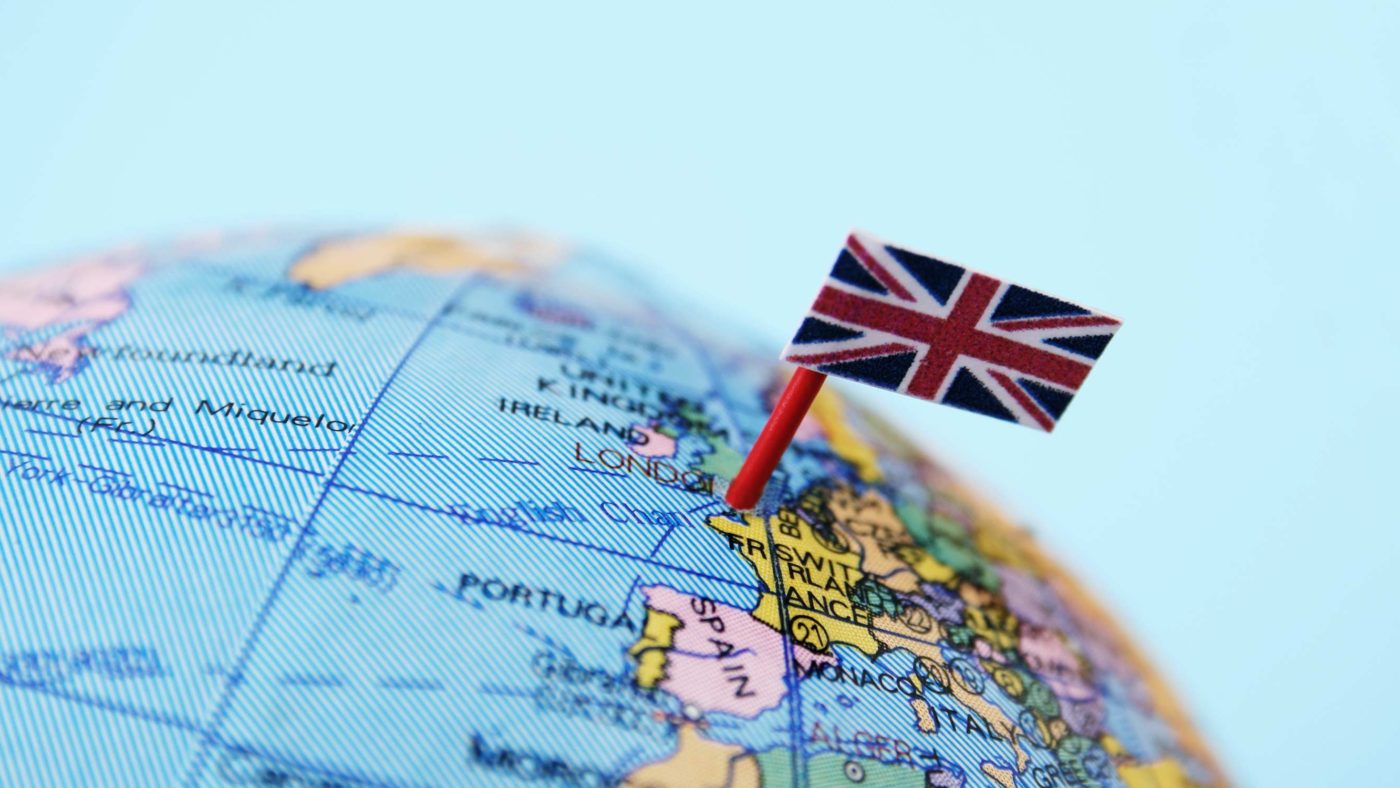What a difference a decade makes.
When David Cameron entered Downing Street for the first time in 2010, Russia seemed like a mere nuisance on the edge of Europe, the Arab Spring had not yet rocked the Middle East, and boosting relations with China was seen as the future. The UK was still a member of the European Union and populism was, largely, a flicker on the horizon. The most pressing issue was the War on Terror and the wars in Iraq and Afghanistan.
The first Strategic Defence Review of the new Conservative Government, published the same year Cameron became PM, reflected this sense of security – it even recommended that the UK downsize its military, as the risk of state-on-state conflict seemed low.
Fast-forward 12 years and the next prime minister will face a world that has turned on its head, from Ukraine to the Western Balkans, myriad proxy wars in the Middle East, Taliban resurgence and Chinese expansionism, the Western liberal order has rarely felt in such peril
Above all, Rishi Sunak or Liz Truss must determine what Britain’s place in the world is – and how to turn ‘Global Britain’ into more than a mere slogan.
Make no mistake, they will be working in a world where confidence in the Western world and the strength of the liberal international order has been shattered. The chaotic withdrawal from Afghanistan in particular did huge damage to the idea of a strong, values-driven, Western world willing to stand up for its interests abroad.
This collapse in confidence, and the shattering of the post-Cold War world view, has in turn emboldened our enemies. Indeed, Russia’s invasion of Ukraine was inspired by the belief that the West would not be willing to sacrifice anything to defend it.
Putin may have miscalculated, but there’s no doubt Western resolve to defeat him could be stronger than it is now. The sharp rises in energy and food prices have dampened the already limp response of powers such as France and Germany.
Britain can at least take pride in its firm stance towards Russian aggression. The next PM must go further still: the aim must be not only to push Russia back behind its pre-war borders, but to secure a decisive victory over the Kremlin autocracy. That would be the confidence boost the Western alliance so badly needs, and confirm once more that the UK is a major player in Europe, in or out of the EU.
That realisation must underpin the next leader’s strategy on the continent. Support for the developing Three Seas Initiative, for instance, provides the UK with a golden opportunity invest in Europe and build real, long-lasting stability. It also represents a welcome pivot from ‘old Europe’ to ‘new Europe’ – in many ways, this would be the truly Thatcherite approach to European relations.
The UK also has an important role to play in the Western Balkans, including by drawing clear lines against the growing menace of Serbian revanchism – a threat being cheered on by Russia.
Making clear our role in the Middle East is another priority for Boris Johnson’s successor. Fortunately, re-engaging with countries such as Jordan, Israel, the UAE, Egypt, and Bahrain has been made easier thanks to the signing of the Abraham Accords. For the first time, Britain’s allies in the region are all on the same page – especially as they share a common enemy in Iran.
Bear in mind too that since 2014 the UK has once more had a naval base in Bahrain, HMS Juffair. The re-opening of the base in Manama marked the first time since the 1970’s that Britain had a presence ‘East of Suez’, from which the UK can offer naval support to our allies as they push back Iran – which is fighting with proxies in Iraq, Syria, and Yemen.
As well as strategic support, the UK can offer world-class training for our allies’ militaries, helping to modernise and standardise their practices. Why not create a ‘Sandhurst-on-Gulf’ preparing our allies for the future and equipping them to fight Iranian hybrid pressure?
Towering above all these global threats is the ever-growing threat of Chinese authoritarianism. With every trade deal and cheap loan, Beijing exports its anti-democratic worldview, propping up strongmen and giving new life to malign regimes the world over. Through the Belt and Road system, China is preparing to reshape the world in its image, or at least to dominate the developing world.
We cannot hope to match the scale of that investment, but we can push back in smart ways, not least by using our existing Commonwealth connections to push for new investment in the developing world, offering an alternative to China’s grim autocracy.
In all these efforts the overarching aim, not just for the UK but for our partners too, is to rebuild confidence in the West and its institutions. That is especially important when not China, Russia and Iran are working together to undermine liberalism, democracy and human rights. Along with the tinpot strongmen of Syria, Venezuela and Belarus, they are doing their utmost to refashion the world that emerged from the fall of the Iron Curtain.
Of course, the UK cannot act alone, but it has a key role as a convener, bringing together a coalition of the willing to cooperate on security, economic challenges and, where necessary, military action to defend our values.
Whether it is Sunak or Truss, the next Conservative Leader must be prepared to stand firm at the head of a nation that continues to wield power and influence in the world – and must be committed to keeping our country there.
Click here to subscribe to our daily briefing – the best pieces from CapX and across the web.
CapX depends on the generosity of its readers. If you value what we do, please consider making a donation.


